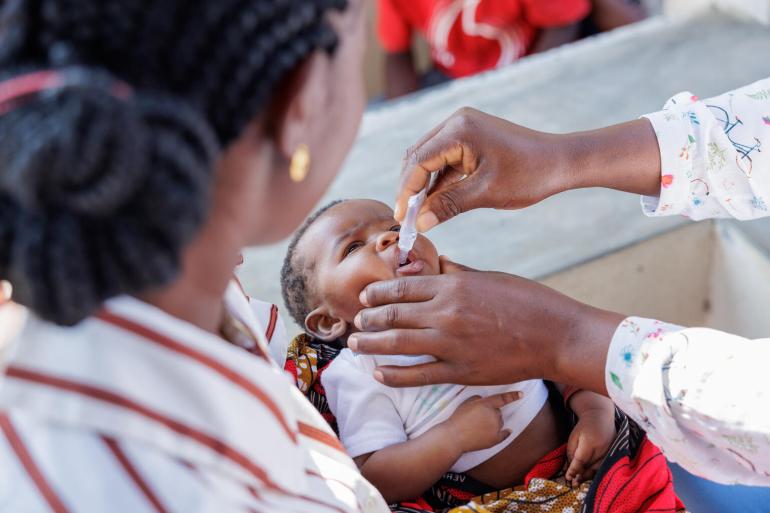NEW data from World Health Organisation (WHO) and United Nations Children’s Fund (UNICEF) has shown vaccination against measles, one of the most infectious pathogens, has not recovered after COVID-19 backslide, putting an additional 35.2 million children at risk of infection.
The 2022 WHO and UNICEF Estimates of National Immunisation Coverage, WUENIC and admin data said last year, 21.9 million children missed the routine measles vaccination in their first year of life while an additional 13.3 million did not receive their second dose, placing children in under-vaccinated communities at risk of outbreaks.
The report said global immunisation services reached 4 million more children in 2022, compared to the previous year, as countries stepped up efforts to address the historic backsliding in immunisation caused by the COVID-19 pandemic.
It declared that in 2022, 20.5 million children missed out on one or more vaccines delivered through routine immunisation services, compared to 24.4 million children in 2021.
In spite of this improvement, the number remains higher than the 18.4 million children who missed out in 2019 before pandemic-related disruptions, underscoring the need for ongoing catch-up, recovery and system strengthening efforts.
The vaccine against diphtheria, tetanus and pertussis (DTP) is used as the global marker for immunisation coverage.
Of the 20.5 million children who missed out on one or more doses of their DTP vaccines in 2022, 14.3 million did not receive a single dose, so-called zero-dose children.
The figure represents an improvement from the 18.1 million zero-dose children in 2021 but remains higher than the 12.9 million children in 2019.
The African region, lagging behind in its recovery, faces an extra challenge. With an increasing child population, countries must scale up routine immunisation services every year in order to maintain coverage levels, the data indicates.
WHO Director-General, Dr Tedros Adhanom Ghebreyesus, in a remark, said “global and regional averages don’t tell the whole story and mask severe and persistent inequities. When countries and regions lag, children pay the price.”
UNICEF Executive Director, Catherine Russell, said “beneath the positive trend lies a grave warning, as viruses like measles do not recognise borders and efforts must urgently be strengthened to catch up with children who missed their vaccination, while restoring and further improving immunisation services from pre-pandemic levels.
Catherine Russell added, “Until more countries mend the gaps in routine immunisation coverage, children everywhere will remain at risk of contracting and dying from diseases we can prevent. Viruses like measles do not recognise borders.”
Dr Seth Berkley, CEO of Gavi, the Vaccine Alliance, however, said “it is also clear from this important study that we need to find ways of helping every country protect their people, otherwise we run the risk of two tracks emerging, with larger, lower middle-income countries outpacing the rest.”
WATCH TOP VIDEOS FROM NIGERIAN TRIBUNE TV
- Relationship Hangout: Public vs Private Proposals – Which Truly Wins in Love?
- “No” Is a Complete Sentence: Why You Should Stop Feeling Guilty
- Relationship Hangout: Friendship Talk 2025 – How to Be a Good Friend & Big Questions on Friendship
- Police Overpower Armed Robbers in Ibadan After Fierce Struggle






